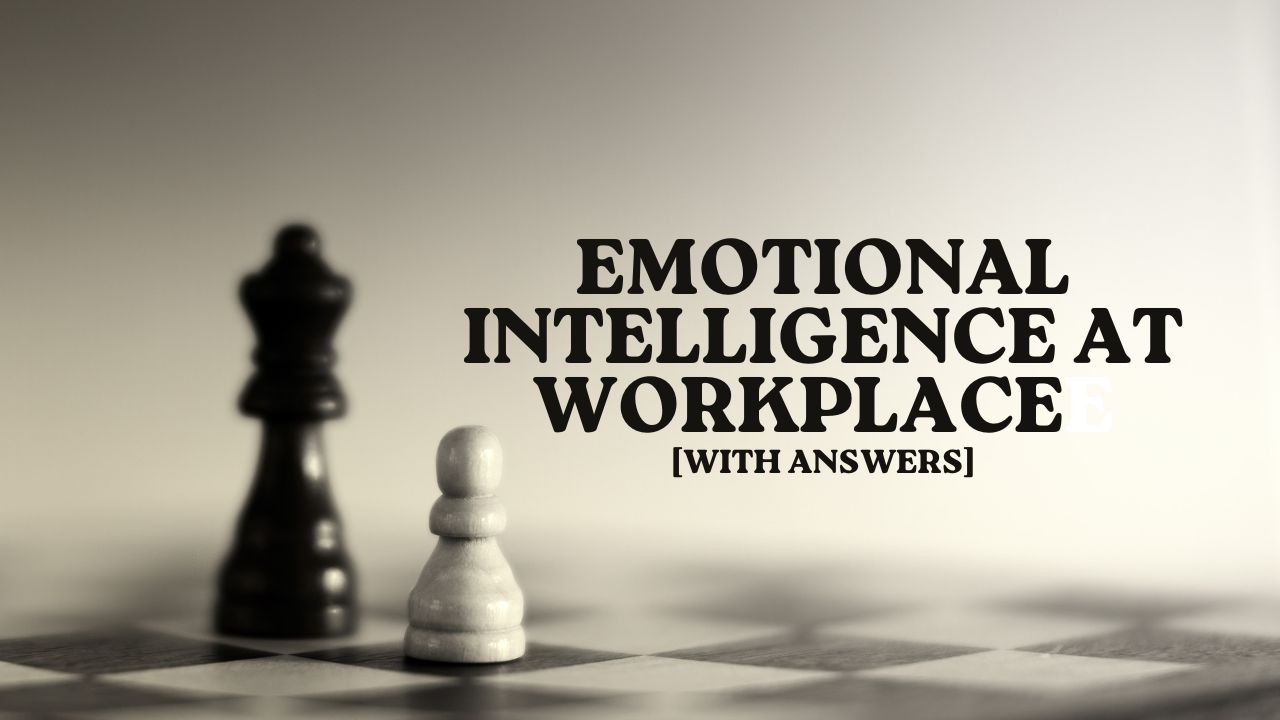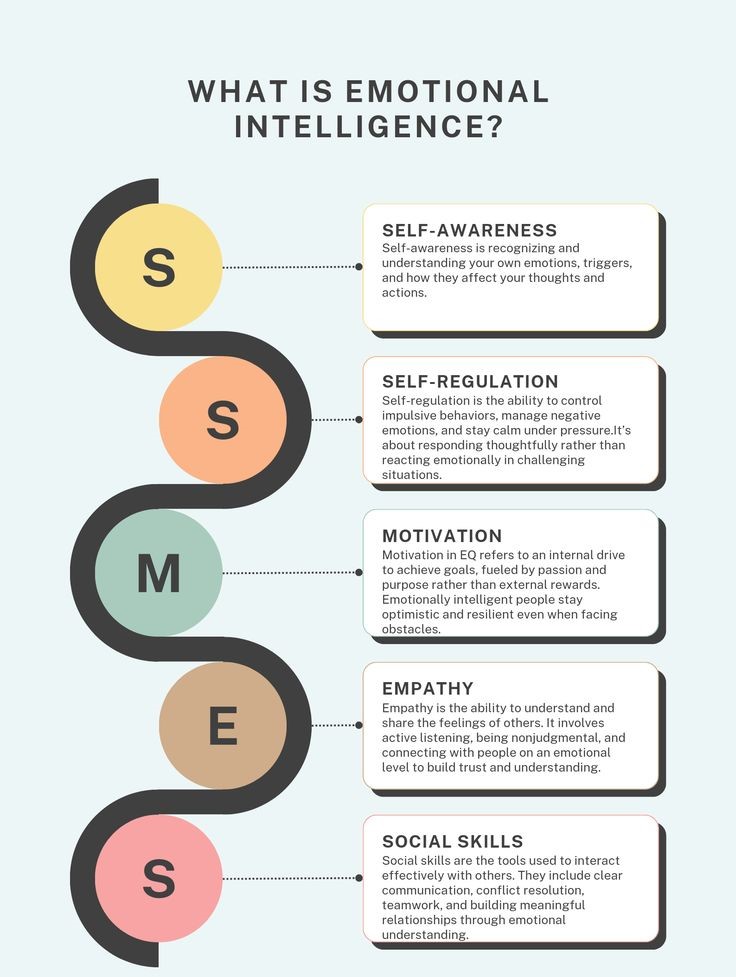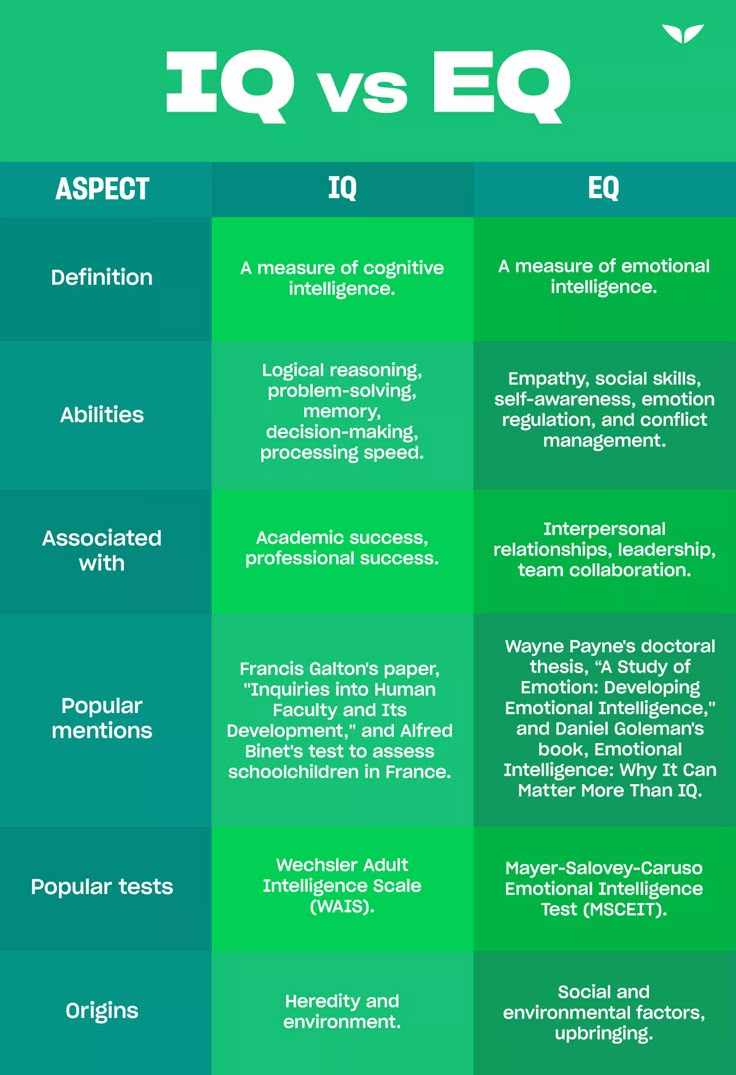Artificial Intelligence (AI) is no longer just a futuristic concept, it’s shaping how we live, work, and think. For college students and freshers in India aspiring to build a career…

Emotional Intelligence in the Workplace: Skills Every Fresher Should Know
In today’s dynamic and fast-paced professional world, technical skills alone are insufficient to succeed. Employers across industries are increasingly looking for candidates who know their jobs and can work well with others. This is where emotional intelligence (EI) comes into play.
If you’re a college student or fresher stepping into your first job, understanding and developing emotional intelligence can significantly affect how you perform and grow. In this article, we will explore what is emotional intelligence, its importance in the workplace, real-life examples, and how you can start building this vital skill today.
What Is Emotional Intelligence?

Emotional Intelligence (EI), often referred to as Emotional Quotient (EQ), is the ability to recognize, understand, manage, and influence emotions, both your own and others’. First popularized by psychologist Daniel Goleman in the 1990s, emotional intelligence has become recognized as a critical factor in professional success.
At its core, emotional intelligence involves being aware of how emotions influence behavior and learning to navigate those emotions constructively. Unlike fixed intelligence, emotional intelligence can be developed and strengthened throughout life.
For fresh graduates entering the Indian job market, understanding emotional intelligence is particularly valuable as workplaces become increasingly collaborative and communication-focused.
The term was popularized by psychologist Daniel Goleman, who emphasized that EI plays a greater role than IQ in determining success in life and at work.
Why Is Emotional Intelligence Important?
As a fresher entering the professional world, you may ask, “Why should I focus on something as intangible as emotional intelligence?”
Here’s why:
- It improves communication, helping you express your ideas clearly.
- It builds stronger relationships with teammates, clients, and managers.
- It enhances your ability to deal with stress, feedback, and conflict.
- It makes you a better team player and leader.
- It contributes to overall career growth and job satisfaction.
Research consistently shows that professionals with high emotional intelligence often outperform those with merely high IQs or technical capabilities, particularly in roles requiring teamwork and leadership.
What is Emotional Intelligence in the Workplace?
Emotional intelligence in the workplace specifically refers to how professionals apply emotional awareness and management skills to work-related situations. In professional settings, emotional intelligence involves:
- Managing stress during high-pressure situations
- Communicating effectively with diverse colleagues
- Navigating organizational politics with integrity
- Providing and receiving feedback constructively
- Collaborating effectively in team environments
- Resolving conflicts professionally
- Adapting to organizational changes
For Indian workplaces, which often feature hierarchical structures alongside collaborative expectations, emotional intelligence helps young professionals balance respect for authority with assertiveness and innovation.
While technical skills may secure an interview, emotional intelligence often determines long-term career progression. This is particularly true in India’s service-oriented sectors like IT, healthcare, and hospitality, where interpersonal interactions are central to success.
Benefits of Emotional Intelligence in the Workplace
If you’re wondering whether it’s worth investing in emotional intelligence, here are some compelling reasons why it’s essential, especially for freshers and college graduates:
- Better Communication: Emotionally intelligent employees express ideas clearly and listen actively. This reduces misunderstandings and builds strong professional relationships.
- Improved Teamwork: High EQ fosters collaboration and cooperation. Team members feel heard and respected, which enhances productivity and team morale.
- Effective Conflict Management: Disagreements are common in workplaces. With emotional intelligence, you can resolve conflicts without escalating them, finding win-win solutions.
- Greater Adaptability: Workplaces are unpredictable. EQ helps you stay flexible, handle change smoothly, and manage stress effectively.
- Enhanced Leadership Potential: If you aim to grow into leadership roles, emotional intelligence is non-negotiable. It allows you to inspire and motivate others.
- Boosted Career Growth: Companies prefer promoting employees who demonstrate maturity, resilience, and interpersonal sensitivity, all signs of high EQ.
Five Elements of Emotional Intelligence
Daniel Goleman identified five core components of emotional intelligence. Here’s what each means and how you can develop it:
Self-Awareness
- What it is: Recognizing your own emotions and their impact.
- How to improve: Practice mindfulness and reflect on your daily emotional reactions.
Self-Regulation
- What it is: Controlling your impulses and staying calm under pressure.
- How to improve: Use breathing techniques, journaling, and pause before reacting.
Motivation
- What it is: Being driven to achieve goals for personal reasons, not just external rewards.
- How to improve: Set SMART goals and celebrate small wins.
Empathy
- What it is: Understanding and sharing the feelings of others.
- How to improve: Listen more than you speak, avoid judgment, and observe non-verbal cues.
Social Skills
- What it is: Building positive relationships and managing social interactions.
- How to improve: Practice clear communication, give constructive feedback, and show appreciation.
Difference Between EQ and IQ
Understanding the distinction between emotional intelligence (EQ) and intelligence quotient (IQ) helps clarify why both matter in professional settings:
| Aspect | IQ (Intelligence Quotient) | EQ (Emotional Quotient) |
| Measures | Cognitive abilities like logic, math, memory | Emotional and social skills |
| Helps with | Problem-solving, analysis, academic success | Communication, empathy, leadership |
| Importance in Jobs | High in technical roles | Crucial in team-based, people-centric roles |
| Can be improved? | To a limited extent | Yes, through practice and training |
In short, IQ gets you hired, but EQ gets you promoted.
How to Develop Emotional Intelligence as a Fresher
Emotional intelligence is a learnable skill, and it’s never too early to start. Here are some actionable steps:
- Reflect on your emotions daily. Journaling helps.
- Seek feedback from peers, mentors, or professors.
- Practice active listening in group discussions.
- Observe people with strong interpersonal skills and learn from them.
- Take an emotional intelligence assessment test to identify areas for improvement.
What Are Online Courses for Developing Emotional Intelligence?
The growing recognition of emotional intelligence’s importance has led to numerous online learning opportunities. For Indian students and fresh graduates looking to develop their EQ, several options exist.
Types of EQ Online Courses:
- Comprehensive EQ Development Programs: These multi-module courses cover all aspects of emotional intelligence with structured learning paths. Examples include Coursera’s “Emotional Intelligence at Work” and LinkedIn Learning’s “Developing Your Emotional Intelligence” courses.
- Specific Skill Development: Focused courses that target particular elements of emotional intelligence, such as “Mastering Active Listening” or “Conflict Resolution in the Workplace.”
- Industry-Specific EQ Training: Courses designed for particular sectors popular among Indian graduates, such as “Emotional Intelligence for IT Professionals” or “EQ in Customer Service Roles.”
- Certification Programs: More formal training that results in recognized EQ certifications, such as Six Seconds’ EQ Assessor Certification or TalentSmart’s Emotional Intelligence Appraisal.
Many Indian educational platforms and international platforms with Indian partnerships offer EQ development courses tailored to local professional contexts.
Emotional Intelligence Assessment Test
Before developing emotional intelligence, it’s valuable to understand your current EQ level. Several assessment tools can help Indian students and fresh graduates evaluate their emotional intelligence:
Types of EQ Assessments
- Self-Assessment Questionnaires: Tools like the Emotional Intelligence Appraisal or the Schutte Self-Report Emotional Intelligence Test provide insight through self-evaluation questions.
- 360-Degree Feedback Assessments: More comprehensive evaluations that gather input from peers, supervisors, and subordinates for a multi-perspective view of your emotional intelligence.
- Ability-Based Tests: Assessments like the Mayer-Salovey-Caruso Emotional Intelligence Test (MSCEIT) measure your ability to solve emotional problems rather than self-reporting your capabilities.
- Online Interactive Assessments: Digital tools that present scenarios and evaluate responses, offering immediate feedback on emotional intelligence components.
Why Indian Freshers Should Prioritize Emotional Intelligence

In the Indian job market, where competition is high and job roles are becoming more people-centric, employers are increasingly screening for emotional maturity and interpersonal skills, not just academic scores.
From campus placements to first job promotions, those with higher EQ stand out. Here’s why:
- MNCs and startups alike value culturally aware, emotionally resilient employees.
- India’s work culture is deeply relational, how you interact matters a lot.
- With hybrid and remote work becoming common, self-motivation and communication are key.
So, if you’re a fresher wondering where to begin your professional development journey, start with emotional intelligence.
Emotional intelligence is no longer a “nice-to-have”, it’s a must-have for career success. Especially if you’re a college student or fresher in India, developing emotional intelligence will set you apart in interviews, help you thrive in your first job, and fast-track your growth.
FAQs on Emotional Intelligence
What is emotional intelligence and why does it matter in the workplace?
Emotional intelligence is the ability to recognize, understand, and manage emotions in yourself and others. It matters because it improves teamwork, communication, leadership effectiveness, and overall workplace performance.
How can I improve my emotional intelligence quickly?
Improve emotional intelligence through self-reflection, active listening, seeking feedback, practicing empathy, and mindfulness techniques. Daily journaling about emotional reactions can accelerate the development of self-awareness and regulation.
Is emotional intelligence more important than IQ for career success?
Research indicates emotional intelligence often predicts career advancement better than IQ alone, especially in leadership roles. High EQ enables better relationship building, conflict resolution, and adaptability in changing environments.
What are the signs of low emotional intelligence in colleagues?
Signs include difficulty accepting criticism, blaming others, frequent emotional outbursts, poor listening skills, inability to read social cues, lack of empathy, and trouble maintaining professional relationships.
How is emotional intelligence measured or assessed?
Emotional intelligence is measured through self-assessment questionnaires, 360-degree feedback evaluations, ability-based tests like MSCEIT, behavioral interviews, and situational judgment tests that evaluate emotional responses.
Can emotional intelligence be developed, or is it fixed?
Unlike IQ, emotional intelligence can be significantly developed throughout life through deliberate practice, feedback, coaching, and training programs focusing on self-awareness, regulation, empathy, and social skills.
How does emotional intelligence affect leadership effectiveness?
Leaders with high emotional intelligence create psychologically safe environments, inspire team members, navigate conflicts constructively, adapt communication styles, and build stronger organizational cultures leading to better performance.
What’s the relationship between emotional intelligence and stress management?
High emotional intelligence enables better stress recognition, healthier coping mechanisms, improved resilience, and the ability to maintain performance under pressure, reducing burnout risk.
How can emotional intelligence improve customer service interactions?
Emotional intelligence helps service professionals recognize customer emotions, respond empathetically, de-escalate tense situations, build rapport, and create positive experiences that increase customer loyalty.
What role does emotional intelligence play in conflict resolution?
Emotional intelligence is crucial for identifying underlying concerns, managing emotional reactions, communicating constructively, finding common ground, and effectively reaching solutions that address all parties’ needs.
Latest Posts
Software Development Engineer [SDE] – Full Form, How to Become
Software Development Engineers (SDEs) are the backbone of the technology industry, responsible for crafting innovative software solutions that power our digital world. In this extensive guide, we will delve into…
How to Write a Perfect Career Objective for a Freshers’ Resume
A career objective is a concise statement that summarizes your professional objectives. It usually appears at the top of your resume and can help companies figure out what you’re looking…
Top Career Opportunities in the IT Sector for Freshers and Graduates
The Information Technology (IT) sector in India has become a global hub for career opportunities. With its rapid growth, dynamic work environment, and competitive salaries, it has become an attractive…
What is a Resignation Letter and How to Write One?
Leaving a job, whether it’s your first position out of college or an internship, is a significant step in your career journey. One crucial aspect of this process is writing…
Popular Posts
Top 21 Highest Paying Jobs in India For Freshers
The Indian job market is evolving rapidly, with new opportunities emerging across various sectors. As a student or fresher, identifying the best career in India that aligns with your interests…
25+ Best Online Courses for Graduates in 2025 [Free & Certified]
In today’s competitive job market, earning a degree is just the beginning. To truly stand out, college students and freshers must constantly upskill, stay updated with industry trends, and gain…
Best CV Formats for Freshers: Simple, Professional & Job-Winning Templates
Creating an effective CV (Curriculum Vitae) is the first step towards landing your dream job or internship as a fresh graduate. Your CV is your initial introduction to potential employers…
Top Computer Science Jobs for Freshers in India
The rapid evolution of technology has created immense opportunities for fresh computer science graduates. With the IT sector expanding globally, India is one of the top countries offering lucrative and…
How to Answer – ‘What Are Your Strengths and Weaknesses?’
Landing your first job is a thrilling yet daunting experience. You’ve meticulously crafted your resume, researched the company, and prepped for potential questions. But there’s one question that throws even…


